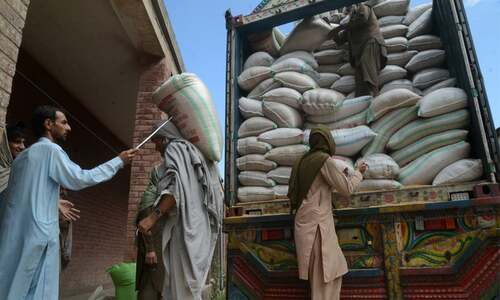With the fiery cleric Dr. Tahirul Qadri gone, Prime Minister Nawaz Sharif looks breathing easy. Yes, Imran Khan is still roaring out there but to Sharif loyalists his daily challenges sound nothing more than bluster.
Political pundits, however, don’t think the game is over. They read signs of brewing trouble in the air.
Nawaz Sharif did weather the storm whipped up to sweep his PML-N government out but the political parties which, uncharacteristically, came to his help “to save the democratic parliamentary system” are increasingly getting polarised.
That, to some pundits, foretells serious ramifications for “the project democracy”.
They point out that at a time when his gutsy brother Shahbaz Sharif has been acting extra gracious to the people of southern Punjab to wean them away from the demand for provincial status for the region, the prime minister supported the Sindh-based MQM’s call for creating more provinces in the country – but only on “administrative grounds”.
Obviously, the prime minister knew the idea was anathema to the PPP which rules Sindh and is trying to regain the ground it has lost in Punjab.
Its fortunes confined to Sindh, the MQM poses no political threat to anyone in Punjab, which PPP’s founder Zulfikar Ali Bhutto had famously called the country’s “bastion of power”.
Still the ethnic MQM’s urban base makes it the same potential threat that the PML-N leadership sees in Imran Khan’s popularity among the country’s disgruntled and restless youths. Since the MQM quit the Sindh government, the PPP has been engaged in verbal clashes with it. Now its barbs are directed also at the PML-N leaders and its government.
Last Wednesday, the PPP leader of opposition in the National Assembly, Syed Khursheed Shah, blasted the Nawaz government’s privatizsation plans as “over ambitious” and said the government was not out of woods yet. It was in a “weak position” against the forces of Imran Khan’s PTI and Dr Tahirul Qadri’s PAT, he added.
Indirectly addressing Mr Nawaz Sharif he said: “The government thinks the crisis is over. Let me remind you that dark clouds still hang all around. Take the opposition along if you want our help.”
Maulana Fazlur Rehman of JUI-F, a coalition partner of the PML-N, is also found itchy these days.
If not panicky, Prime Minister Nawaz Sharif must be finding it hard to steer the ship of the state in the face of the ill winds blowing at home and abroad, agree many in the PML-N ranks.
Senior members of the party accept in private discussions that skewed policies pursued by their leadership gave meaning to the dharnas of PAT and PTI and the continuing street agitation by Imran Khan.
“It’s only a matter of a major political party joining hands with Imran Khan and our government will be virtually on its knees. So far all the parties sitting in the parliament have supported the government but we will have to pay some price for that,” remarked an office bearer of the PML-N.
For example, he said, the PPP and MQM tussle over new administrative units, demands a tough balancing act on the part of the federal government. “Neither of the two parties should get the impression we are siding with the other on any given issue.”
Indeed, when media hyped that the prime minister agreed in his meeting with MQM leaders about new provinces on “administrative grounds”, the prime minister’s press office had to make strenuous efforts to dispel the impression that any agreement had been reached between the two sides.
“This was one occasion, and there can be many more in coming weeks and months,” said the PML-N office bearer.
Political analysts broadly agree that anti-democratic forces stand to gain if the prevailing distrust between the political forces of the country continues to grow.
Former senior judge Tariq Mehmood, an expert on constitutional matters, warns that lack of consensus among political leaderships will cost Pakistan dearly. In his opinion, the government must appoint a Chief Election Commissioner with the consent of all main political forces. Local government elections are the only way forward and holding them soonest possible will take much pressure off the government. And the PML-N should take lead in Punjab in this regard. “That way we can make democracy stronger in the country,” said the former judge.
Published in Dawn, October 31st, 2014














































